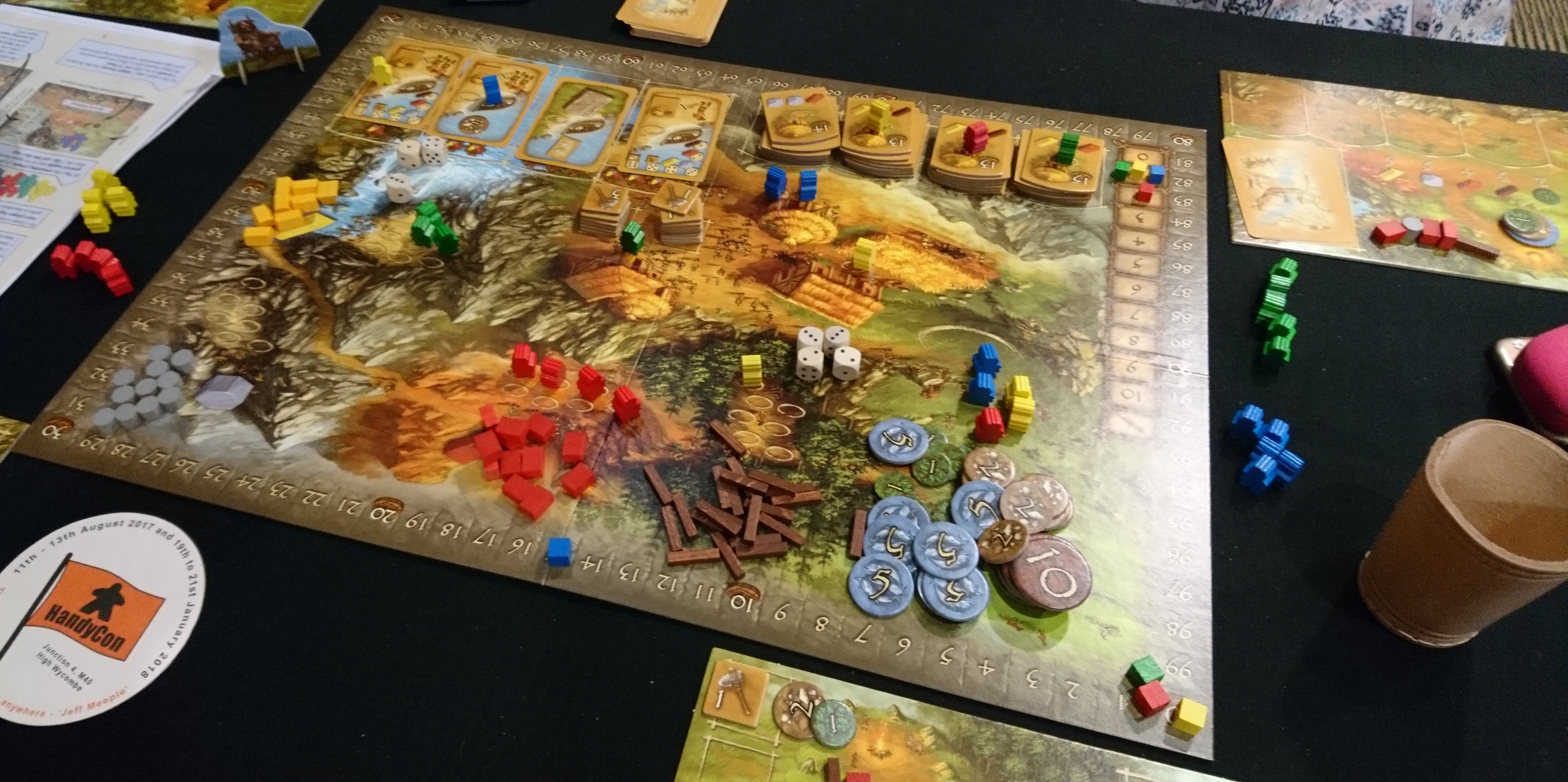
I am a Brit in Europe, and I have followed the topic of abortion and studied it as a philosopher since 2004. Despite being a progressive, for 16 years I identified as pro-life. This was mostly through social media, but also through pro-life organisations, events and public witness. In 2013 I even gave a talk in the main shrine of St. John Henry Newman at his Oratory church in Birmingham. This was on the validity and importance of men’s voices in the abortion debate, which was based on my article here for Secular Pro-Life.
As of 2020 I am pro-choice insofar as I support abortion being legal until 12 weeks with some rare exceptions for later term abortions (which is the norm in most ‘civilised’ countries.) (I am also in favour of legal assisted dying -as distinct from assisted suicide- in some cases). I had to accept that I could no longer identify even with my secular, feminist, pro-LGBT and/or leftist pro-life community, given the obsessive nature of the groups and subculture. And when I say ‘obsessive’ I mean their tendency towards an all-consuming fixation on saving embryos and fetuses -and denigrating pro-choicers- which makes for an unhealthy lifestyle, and neglects other social causes that need to be fought for.
Yet this does not automatically make me pro-choice, as it is not a binary option. I would primarily identify myself neither as pro-choice nor as pro-life, but as pro-fetal science. This is the rationalist position. It means being pro-women as well as pro-fetal human beings. And pro-evidence-based policies for both promoting women’s equality and reducing the rate of human beings dying as fetuses. Naturally this involves increasing social welfare support, particularly to pregnant women and young families, and improving sex education and access to contraception. But it also involves promoting a culture of care and virtues for defending life, as I argued for in the third section of this earlier article. Read the rest of this entry →









 This week saw lashes of praise and respect poured upon Lenin on his 150th birthday, not only by Communists, but by many socialists and Marxian thinkers too. Even Vince Cable, the former leader of the Liberal Democrats (and minister under a Conservative-led government) in the UK said that one didn’t need to be a socialist to appreciate Lenin’s great achievements. It is true that most of the time the people who we hear being praised are terrible celebrities and right wing figures, but we shouldn’t let that provoke us into praising a left wing figure who was the head of an authoritarian government which ruthlessly killed thousands. Not only does such polarisation damage our civic debate in general, but such particular admiration of Lenin’s record in government undermines efforts to persuade the majority that we can build a fairer world for all.
This week saw lashes of praise and respect poured upon Lenin on his 150th birthday, not only by Communists, but by many socialists and Marxian thinkers too. Even Vince Cable, the former leader of the Liberal Democrats (and minister under a Conservative-led government) in the UK said that one didn’t need to be a socialist to appreciate Lenin’s great achievements. It is true that most of the time the people who we hear being praised are terrible celebrities and right wing figures, but we shouldn’t let that provoke us into praising a left wing figure who was the head of an authoritarian government which ruthlessly killed thousands. Not only does such polarisation damage our civic debate in general, but such particular admiration of Lenin’s record in government undermines efforts to persuade the majority that we can build a fairer world for all.